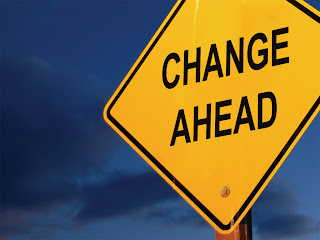Religion is something that everyone chooses to believe or not to believe in. By not making a choice, you are inevitably making a choice. Because it affects all of us in some way or another, to what degree should religion influence politics and elections? This is an extremely wide and controversial topic, so I am going to try to condense it down to a few recent issues throughout several blog posts.
1. Mitt Romney and Mormonism
As many of you already know, Mitt Romney is running for the GOP presidential candidate in the 2012 elections. He was raised a Mormon, which is not resonating with a group people in America. Mormonism is not widespread throughout the U.S. at all, constituting a mere 1.7 percent of adults in America, and because of the lack of knowledge of Mormons America has difficulty understanding them through any other lens besides that of the people who practice polygamy. As seen in this picture, some people do not even connect Mormonism to Christianity:
So why are Americans so quick to judge? Personally, living in the Midwest, I have never met a Mormon, and if I have I wouldn't know it. The only preconceived notions I have of them are seeing reality shows on TV of men who have multiple wives.
The great majority Mormons do not practice polygamy, including Mitt Romney. As previous president of the The Church of Jesus Christ of Latter-day Saints, Gordon B. Hinckley stated,
“This Church has nothing whatever to do with those practicing polygamy. They are not members of this Church.... If any of our members are found to be practicing plural marriage, they are excommunicated, the most serious penalty the Church can impose. Not only are those so involved in direct violation of the civil law, they are in violation of the law of this Church.”
It is important that we judge Romney based on his political views and aspirations as president, not on his religious principles or stereotypes we hold against his religion.
As can be seen from the map, Mormons constitute a small group in the U.S.— more than one would expect. They are the second fastest growing religion. While highly concentrated in Utah, Mormons have recently spread out. This speaks to the tolerance and more widespread amount of freedom in the U.S. There are currently 15 Mormons in Congress. So what makes Romney so different? Because he is a front runner in the election and has a serious chance of being elected, people feel the need to scritinize him more than other previous Mormons running for political office.
My issue with people being so critical of Romneys religion is that if we can have an African American president, a female secretary of state, what is so wrong with having a Mormon presidential candidate? Isn't America all about freedom and acceptance? If we can put aside our issues with race and gender, shouldn't we be able to do the same with religion?
http://www.valpo.edu/geomet/pics/geo200/religion/mormon.gif






